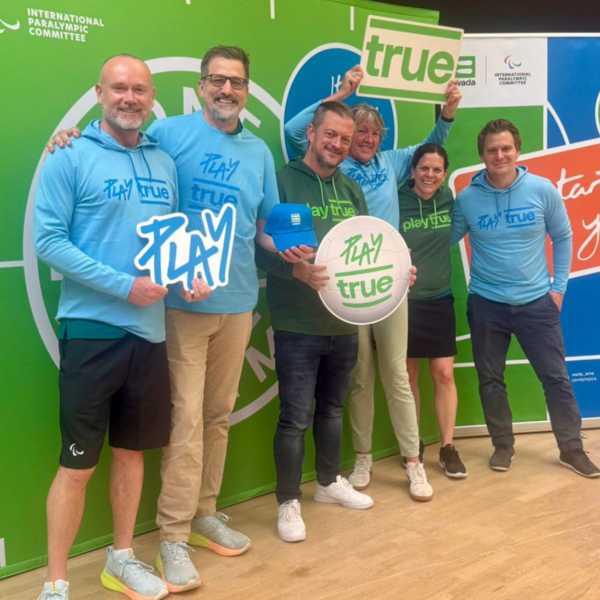Releases
WADA calls for increased alliances during Stockholm symposium
WADA Director General David Howman delivered the keynote address at an anti-doping symposium in Stockholm on Friday during which he outlined the importance of developing further alliances in the fight against doping in sport.
The ‘Doping as a Public Health Issue’ symposium was hosted by the Professor Arne Ljungqvist Foundation and welcomed representatives from the World Health Organization, the International Olympic Committee (IOC), the United Nations Education, Science and Cultural Organization (UNESCO), INTERPOL and WADA.
Professor Ljungqvist, the Vice-President of WADA and Chair of the IOC Medical Committee, is one of the longest serving experts in the fight against doping in sport.
During his address Mr. Howman recognized the work of Professor Ljungqvist in protecting the rights of clean athletes over the last two decades, before giving a detailed explanation of the challenges faced by the anti-doping community and the strategy WADA has for addressing them.
Mr. Howman said that “doping is no longer an issue that is confined within elite sporting boundaries. Rather, it is a problem that permeates other areas of our society, and has a much wider impact than it did several decades ago when it first became a major challenge for sport.”
The address made reference to the encroaching involvement of the underworld in doping in sport and called on governments and public authorities to enhance their co-operation with the anti-doping community.
WADA’s Director General confirmed that the Agency received increasing evidence of “a social problem of steroids in schools and amongst our security forces, the presence of the criminal underworld in trafficking prohibited substances, an unregulated supply of non-sanitized drugs through the internet and from profit-making opportunists - including many in local gyms.
He said the issue involved “amateur athletes doping in recreational sports events, young people taking steroids in a bid to look good, and an overall challenge to the values of sport and its integrity through allied activities such as spot- or match-fixing, bribery and corruption.
“None of these matters really fall under our express mandate of elite sport, but evidence of all has come to our attention, and all provide significant issues for society in general.”
Mr. Howman explained that there was a growing need for intelligence and information sharing to work alongside traditional testing methods, as athletes who chose to dope become more and more sophisticated in their methods thanks to the support of well-resourced entourages.
Reference also was made to the increasing evidence of the ‘trickle-down effect’ of doping, how the influence of elite athletes who chose to dope was now being seen in amateur sport, both at a youth and veteran level.
“WADA is hopeful that this gathering will allow the public health message to resonate even more loudly, and help inform a broader section of society as to the issues of doping – both in terms of our physical health and in terms of our moral well being,” Mr. Howman told attendees.
The two-day Symposium was held at the Karolinska Institue and also included sessions on doping regulations in sport and society, why athletes engage in doping, the societal effects of doping and misuse and addiction of drugs.
Included in the session on drug-free sport and society was a presentation by WADA Athlete Committee member Dr. Sara Fischer, who gave an athlete’s perspective on the problem of doping in sport.
For a full copy of Mr. Howman’s keynote address, please click here.

